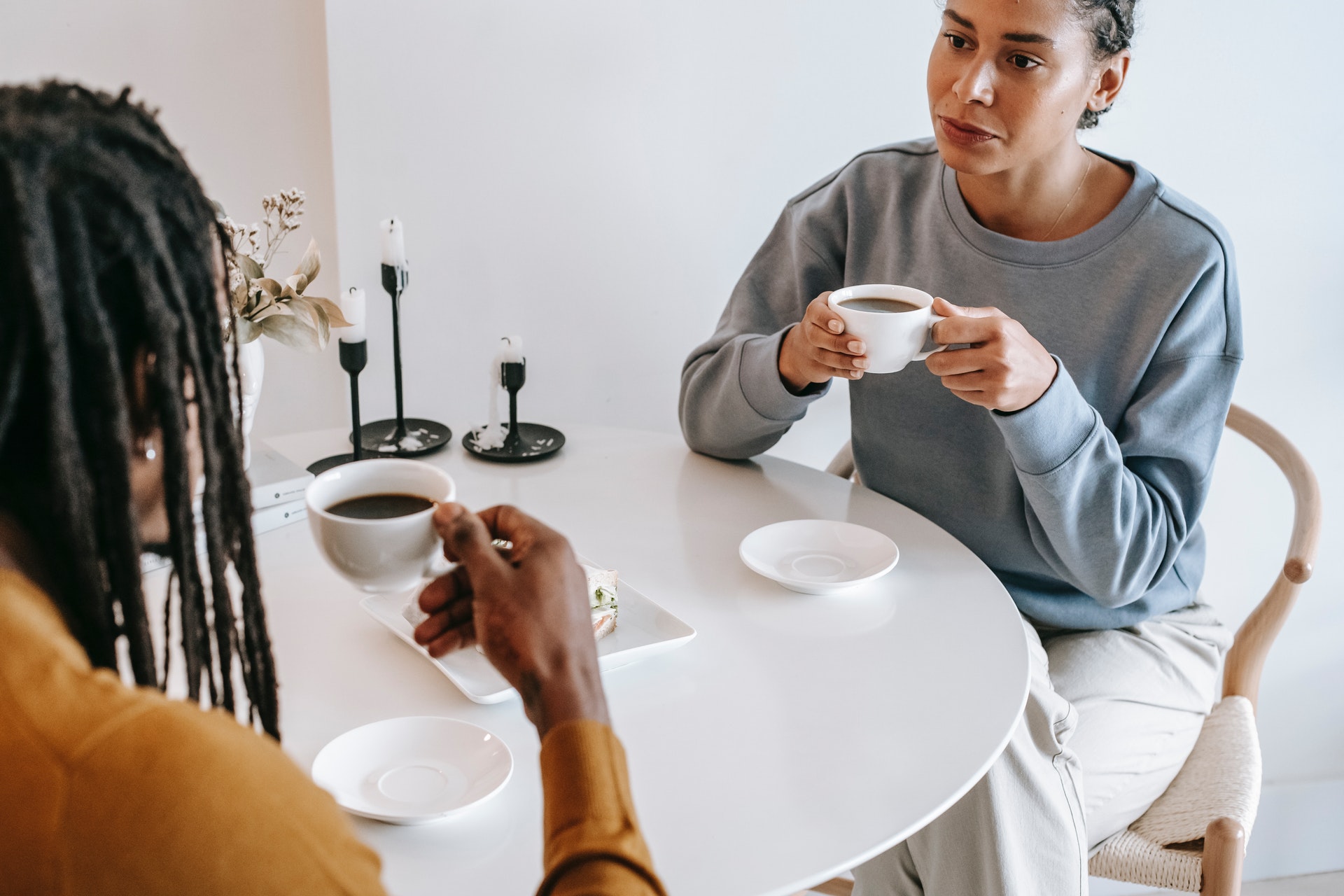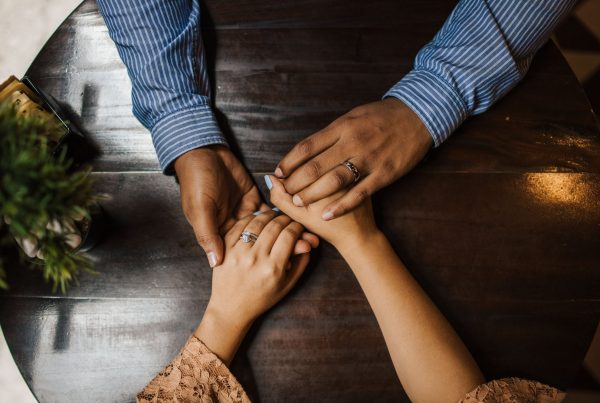Listening, as a learned skill, means that we are fully present with the person we are engaging with. It means that we need to be fully listening without judgement. In a marriage relationship, we have to learn what it means to actively listen so that your spouse feels heard and loved. At our Oasis Virtual Session in May, Grace talked about how we can cultivate active listening skills.
We’ve summarized the key points from her session and also shared the recording below.
The average person listens for 11 – 17 seconds before responding with a statement.
No wonder we have problems listening! It isn’t second nature to us.
So how can we learn to truly listen to each other before we share our own thoughts and feelings. In a marriage, it’s common to put your own self-interests and self-thoughts into a conversation. It can be hard to listen to the other person without a filter. To shift the focus from ourselves, to the person speaking.
We often become too quick to judge.
To like or to hate.
To respond or react,
and to give our opinion.
True listening shifts the focus to the perspective of the other person.
Active listening is not:
- Merely hearing content
- Being distracted
- Being close-minded
- Making judgements
So what is active listening?
1. Paying attention to body language
Verbal communication is only 7% of communication. The rest involves: Body language and tone of voice. So to communicate or to listen, we need to pay attention to what may not be said verbally. Likewise, what are our non-verbal actions saying to the person who is speaking?
Leaning forward vs leaning back
Eye contact vs looking elsewhere
2. Being fully present
It’s tough today to be fully present when we have so many distractions from our phones, our daily responsibilities, and things on our mind. If we struggle with this, we can set aside time to have quality conversation.
How can we make space to be present with one another – at least once a day?
3. Suspending judgement
No one likes to be interrupted with a solution when they haven’t finished telling their story or expressing their thoughts and feelings. We might think we’re being helpful by providing quick fixes and solutions, but very often people just need to be heard.
This is especially important when we are in an argument. Two people tend to push their own agenda, which is a reflection of our own closed minds and will not lead to a safe and constructive environment for a conversation.
4. Asking clarifying questions
Sometimes our partner may not be very descriptive or expressive. Asking open ended questions gives the other person the opportunity to process their own emotions and to share what’s most important in their minds.
5. Summarizing
Very often we might think we’ve heard what the other person is saying, but to make sure we truly understand, summarizing helps. This means repeating what the other person has said to you, just to confirm that what you’re understanding is the same thing that they’re trying to communicate.
Which of these five things do you find challenging to do?
Watch the video below to follow an exercise that might help you and your spouse become better listeners.
Oasis Virtual Sessions always start with a sharing like this one, followed by discussions that are facilitated in smaller breakout rooms. This has provided a safe space where married women from all walks of life, in Malaysia and beyond, are able to talk and share their thoughts and takeaways from the topic at hand.
Many times, women don’t get the opportunity to have conversations like this with other women who are also on the same journey. This has been our fourth virtual meet so far, and we are so encouraged by the ladies who have joined us over the last three months!
If you’d like to attend the next session, follow us on Instagram for updates or contact us here to let us know. More information on Oasis here.




